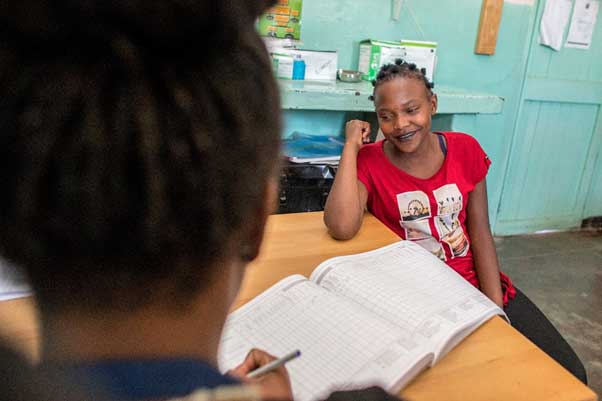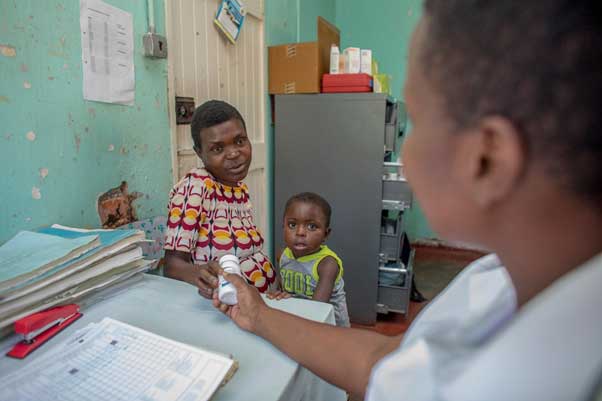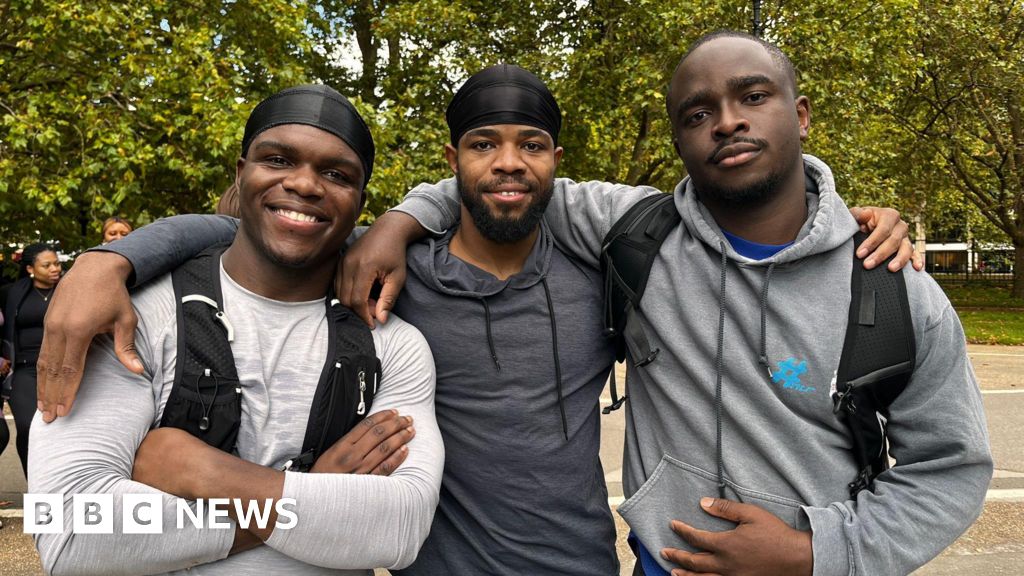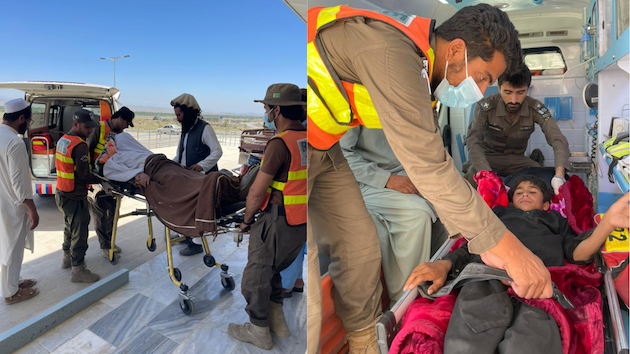Close Inequalities to End AIDS & Prepare for Future Pandemics — Global Issues
BRASILIA, Brazil, Jun 05 (IPS) – The COVID-19 crisis has shone a light on the danger of pandemics; social crises have shone a light on the danger of inequalities. And the reality is that outbreaks become the pandemics they do because of inequality. The good news is that both can be overcome – if they are confronted as one.
Scientific and medical breakthroughs in the treatment and prevention of HIV should have brought us to the point of ending AIDS. Tragically, however, although the number of new HIV infections is falling fast in many countries, it is still rising in dozens of countries and the goal of ending AIDS by 2030 is in danger.
The reason: economic and social inequalities within countries and between them increase people’s risk of acquiring disease and block access to life-saving services.
Letting inequality grow is driving pandemics and prolonging emergencies that drain economies and health systems. This makes all of us vulnerable to the next pandemic, while placing entire countries and communities of people in harm’s way.
In too much of the world we see policy approaches which leave inequalities to widen, and even, in some cases, deliberately exacerbate inequalities.
On a global level when wealthy countries quickly invest billions in their own medical and social response, while leaving other countries so burdened by debt they have no fiscal space to do so, that undermines the world’s capacity to fight AIDS and pandemics.
During COVID-19 while wealthy countries poured in billions to protect their economies, reduce economic and social hardship and fight the pandemic, almost half of all developing countries cut health spending and about 70% cut spending on education.

Viruses do not respect borders, so when the vaccines, drugs, and tests intended to stop those viruses go to powerful countries in excess, while other countries have little or nothing and are held back from producing medicines themselves, that perpetuates pandemics everywhere.
Similarly, social and economic conditions that perpetuate pandemics in low- and middle-income countries present a global threat. Much as with COVID-19 the same has happened with the MPox virus.
In recent years twice as many people have died of MPox in the Democratic Republic of Congo as the entire rest of the world combined but, as of today, zero vaccines for MPox had been delivered to the DRC.
Social and legal determinants that make people vulnerable to pandemics must be tackled. Globally almost 5,000 young women and girls become infected with HIV every week. Dismantling barriers to sexual and reproductive health and rights services, investing in girls’ education, and combating gender-based violence to remove gender inequity is key to ending the AIDS pandemic and protecting women’s health.
Laws that criminalize and marginalize LGBT communities, sex workers and people who use drugs weaken public health approaches and prolong pandemics such as HIV. In sub-Saharan African countries where same sex relations are criminalized, HIV prevalence is five times higher among gay men and men who have sex with men than in countries where same sex relations are not criminalized.
Even within countries that are making substantial progress against HIV, advances may not be shared equally. Here in Brazil for example, HIV infections are falling dramatically among the white population as access to treatment is widened and new prevention tools such as PrEP are rolled out.
That shows what can be achieved; but HIV infections among the black population in Brazil are still on the rise. A similar story runs in the United States where gay white people are more likely to have access to good health care than gay black people.
We emphasize that it is not only access to health care that perpetuates these inequalities, but the social determinants that increase the risk of infection.
To overcome inequalities in accessing essential services, communities must be empowered to demand their rights. The AIDS movement is one of the best examples of how groups of people experiencing intersecting inequalities can unite to overcome them, leading to millions of lives being saved.
Successive Commissions on Social Determinants of Health have brought together evidence on how the conditions in which people are born, grow, live, work and age are powerful influences on health equity.
To bring together these two strands of knowledge over the coming months we will be convening global experts from academia, government, civil society, international development and the creative arts to build a Global Council to advance evidence-based solutions to the inequalities which drive AIDS and other pandemics.
The council will unite experts from disparate fields of economics, epidemiology, law, and politics and will include ministers, mayors, and former heads of state, researchers and clinicians, health security experts, community leaders and human rights activists.
The work of the Global Council will harness essential evidence for policymakers. It will elevate political attention to the need for action. Most crucially, it will help equip the advocacy of the frontline communities fighting for their lives, with what they need to shift policies and power.
Appropriately, the Global Council is launching in Brazil. Whilst Brazil has exemplified the challenges of intersecting inequalities, Brazil’s social movements have been pioneers in confronting them, and Brazil’s new government under President Lula has committed to tackle inequalities in Brazil and worldwide.
To fight tomorrow’s pandemics, we need inequality-busting approaches to today’s pandemics. The world’s leaders now face a clear choice: stand by whilst the dangers mount or come together to tackle inequalities for a world that is not only fairer, but safer too.
Winnie Byanyima is the Executive Director of UNAIDS and an Under-Secretary-General of the United Nations. Before joining UNAIDS, she served as Executive Director of Oxfam International, a confederation of 20 civil society organizations working in more than 90 countries worldwide, empowering people to create a future that is secure, just and free from poverty.
Sir Michael Marmot is Professor of Epidemiology at University College London (UCL), Director of the UCL Institute of Health Equity, and Past President of the World Medical Association.
They will launch the Global Council on Inequalities, HIV and pandemics in Brazil on June 5. The authors are founder members of the Global Council on Inequality, AIDS and Pandemics and are in Brazil for its announcement.
IPS UN Bureau
© Inter Press Service (2023) — All Rights ReservedOriginal source: Inter Press Service
Check out our Latest News and Follow us at Facebook
Original Source







